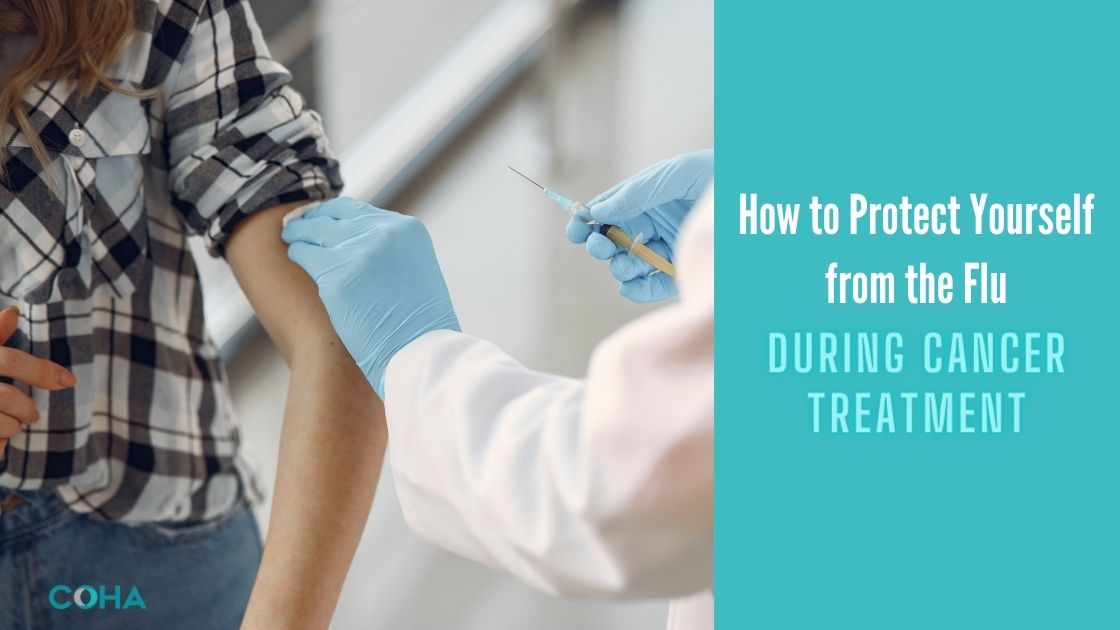


Winter is approaching, and so is the flu season, which begins in October and peaks during December and January. It is best to get flu shots at the start of the season to ensure you stay protected.
Individuals with the flu virus are generally contagious in the initial three to four days after their infection starts. Healthy adults could spread it one day before symptoms occur and up to 5 to 7 days after falling ill. Children and people with weak immune systems are at higher risk of getting infected and may pass the virus for longer than seven days.
It is crucial to take the necessary precautions to protect yourself and protect other people around you (cancer patients, diabetic patients, heart patients, pregnant women, etc.). People with these types of conditions are at higher risk of developing severe complications from the flu.
If a person is physically weak or has a weak immune system, he or she is more likely to get the flu as compared to others. Cancer patients have weaker immune systems due to their treatments and are more vulnerable to infections. It is recommended that patients with such conditions and their friends and family receive a flu shot.
Cancer patients should discuss with their doctor whether they can get vaccines or not. Typically, persons with a weak immune system should not get any vaccines that include a live virus. These vaccines may cause life-threatening infections in this group of people. Your doctor can guide you about which vaccines are safe for you.
The chances of catching the flu increase in cancer patients due to immunodeficiency; therefore, taking a flu shot becomes mandatory. However, it is advised that cancer patients consult with their doctor before getting any flu shot.
Flu vaccines are safe for cancer patients. The flu shot has a long, established safety record in people with cancer and reduces the severity of the infection.
The medical team at Chesapeake Oncology-Hematology Associates is dedicated to providing quality care to all our patients. Our treatment options include chemotherapy, iron infusions, immunotherapy, and more. Schedule an appointment with us if you are looking for experienced oncologists and hematologists near you.